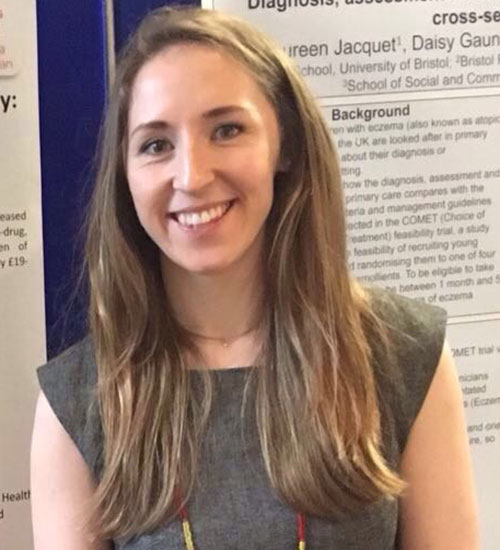 “Are you a Protestant or a Catholic?” my patient gruffly asked as he lifted his non-invasive ventilation mask.
“Are you a Protestant or a Catholic?” my patient gruffly asked as he lifted his non-invasive ventilation mask.
It was 3 am on my first night shift as a quaking foundation year one doctor in Northern Ireland. This gentleman had become more unwell so I carried out an assessment. I deduced that he needed an arterial blood gas and the medical registrar’s review. Conscious of my thick Dublin accent and the predominantly unionist district general hospital in which I was working, I could feel a lump gather in my throat. I needed his radial pulse, yet over the brim of his non-invasive ventilation mask, I didn’t know how to respond.
We stared at each other for a moment.
Working as a foundation doctor in Northern Ireland, I’ve come to the simple conclusion that the movement of British and Irish doctors on either side of the border should be as straightforward as it is necessary. Integration fosters understanding. Understanding negates hate. On a daily basis Northern Ireland quietly yet palpably rises above the sectarianism, provocation, graffiti, banners, flags, and fear.
Like many people living and working here, I worry about the return of friction at the Irish border. Will I have my car checked? Will I have to roll down my window? Will I be late to the ward round on a Monday morning?
In the countdown to 29 March, we mustn’t forget that the peace process extends into our ambulances, our GP practices, and our accident and emergency departments and wards. Even if it’s not always obvious, we mustn’t forget the impact that the movement of our British, Irish, and European healthcare professionals has on both sides of the border. We mustn’t forget the relevance of this to the weary foundation doctor facing an agitated patient under the bedside lamp. We need a frictionless border. We need a border that supports our peace process, our patients, our healthcare professionals, and our care.
So that night the whooshing of the non-invasive ventilation machine broke the silence. I swallowed the lump in my throat. I decided to go with my gut and tell him the truth.
“I’m an atheist,” I replied.
“Even worse!” he retorted as he wryly smiled and held out his wrist.
Karen Donnelly is an academic foundation year two doctor in Belfast, Northern Ireland.
Competing interests: I have read and understood BMJ policy on declaration of interests and declare the following interests: I have been employed by the Southern Health and Social Care Trust, Northern Ireland in the past year. I have been employed by the Belfast Health and Social Care trust in the past year. I am currently employed by Queen’s University and the Northern Ireland Medical and Dental Training Agency as an academic foundation year two doctor.
